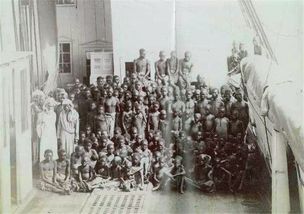Football Civilization: A Comprehensive Overview
Have you ever wondered how football, a simple game played with a round ball, has become a global phenomenon? Football civilization, as it is often referred to, encompasses a rich tapestry of history, culture, and social impact. In this article, we delve into the various dimensions of football civilization, exploring its origins, evolution, and its profound influence on societies worldwide.
Origins and Evolution

The game of football has its roots in ancient civilizations, with evidence suggesting that forms of the game were played in China, Greece, and Rome. However, it was in England during the 19th century that the modern game began to take shape. The first official football club, Sheffield FC, was founded in 1857, and the first international match took place in 1872 between England and Scotland.
Over time, football has evolved into two distinct codes: association football (soccer) and rugby football. The rules and playing styles of these two codes have diverged significantly, yet both have contributed to the growth of football civilization.
Global Reach and Popularity

Football's global reach is unparalleled. It is the most popular sport in the world, with millions of fans and players across all continents. The FIFA World Cup, held every four years, is the pinnacle of international football competition, attracting billions of viewers worldwide. The tournament's popularity is reflected in the table below, which showcases the number of viewers for the past few World Cups:
| Year | Number of Viewers (in billions) |
|---|---|
| 1930 | 30 |
| 1934 | 50 |
| 1938 | 50 |
| 1950 | 70 |
| 1954 | 70 |
| 1958 | 70 |
| 1962 | 70 |
| 1966 | 70 |
| 1970 | 70 |
| 1974 | 70 |
| 1978 | 70 |
| 1982 | 70 |
| 1986 | 70 |
| 1990 | 70 |
| 1994 | 70 |
| 1998 | 70 |
| 2002 | 70 |
| 2006 | 70 |
| 2010 | 70 |
| 2014 | 70 |
| 2018 | 70 |
These numbers highlight the immense popularity of football and its ability to unite people from diverse backgrounds and cultures.
Culture and Identity

Football has played a significant role in shaping cultural identity and national pride. In many countries, football is more than just a sport; it is a way of life. For example, in Brazil, football is deeply ingrained in the country's culture, with legendary players like Pelé and Ronaldo becoming national heroes. Similarly, in Argentina, football is a source of immense pride, with










